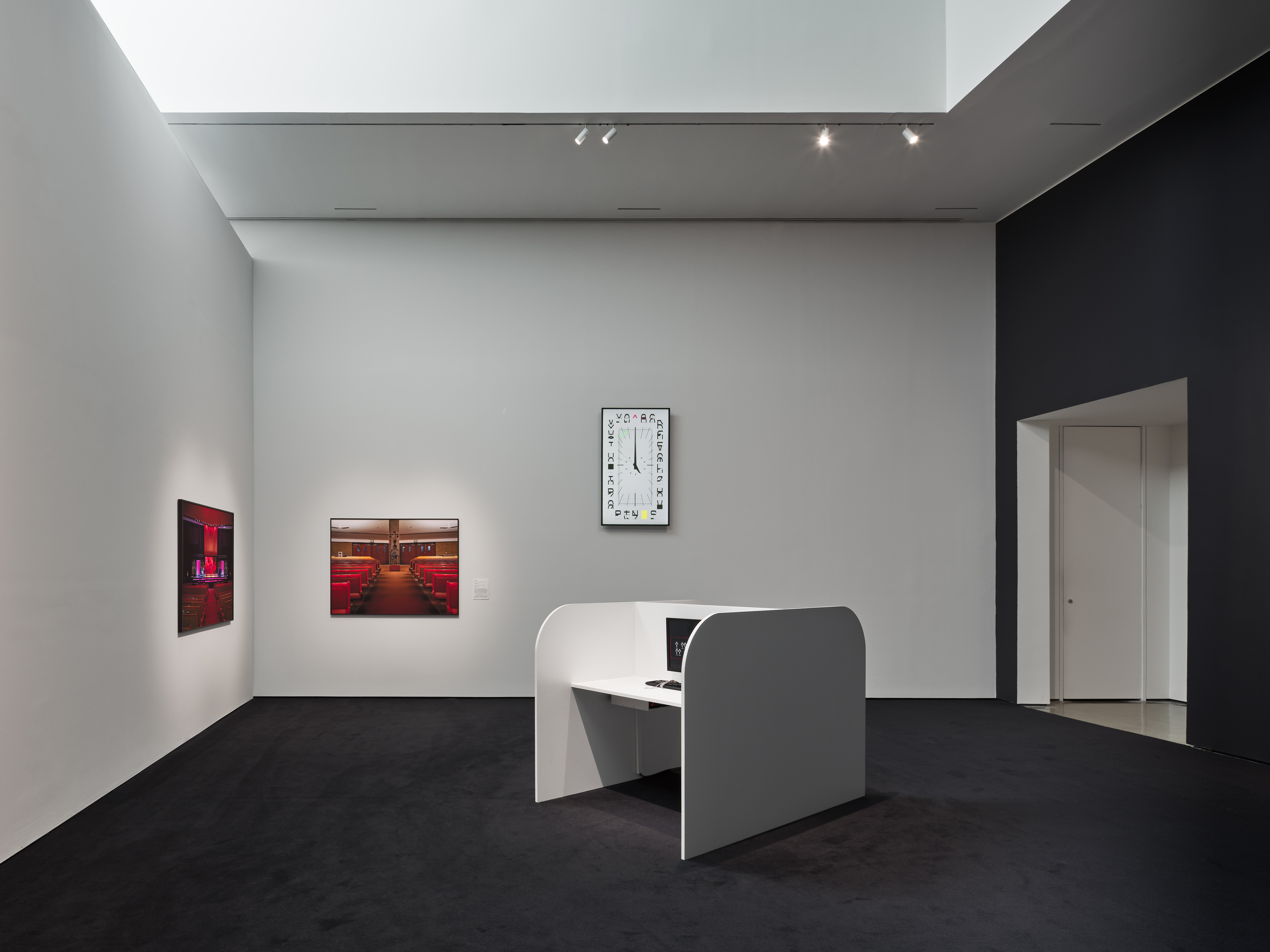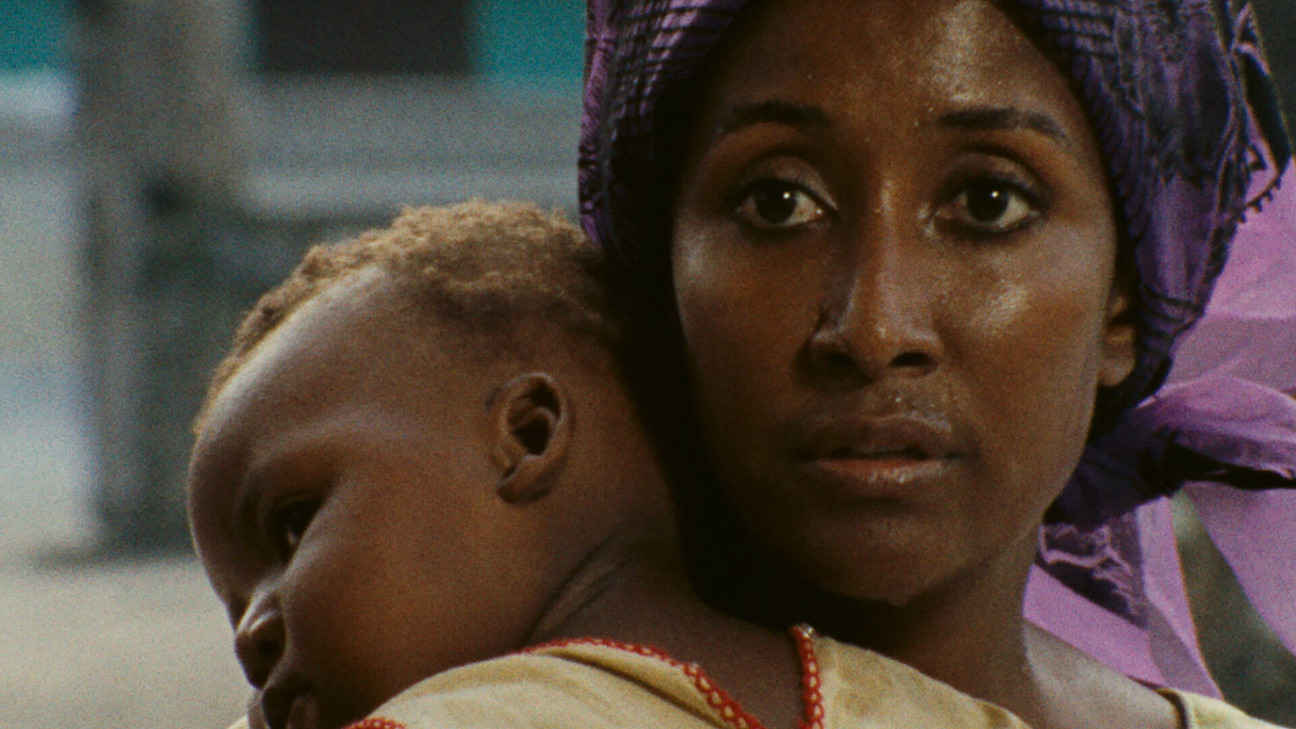The African Film Institute
September 19, 2023
Brooklyn
USA
e-flux is pleased to present the African Film Institute, with an ongoing series of events and other activities starting September 2023.
A Home and a Place for African Cinema
The African Film Institute aims to create a home and a place of intimacy with African cinema in New York, through developing gradually and organically a viewing program animated by fellowships; a growing library; an active writers’ room; and an expanding catalog of recorded dialogs.
The Institute will maintain a presence of African cinema through cultural critique, social analysis, and a convivial scholarship, grounded in fellowship and anchored in mutuality and affiliation with near and distant places and times, rendered through the medium of the moving image in the plural idiom of African expressions.
The Institute wishes to supplement existing public encounters with African cinema in New York, most of which take place at screenings presented either as part of occasional and temporary exhibitions, or at dedicated film festivals that are limited to a number of days each year, leaving publics and students of African cinema underserved for the remainder of the time.
An Evening School
The African Film Institute aims to sustain a cinematic experience that views culture as a symbolic meeting place of all creative practices of a society, and a space in which, every day, we learn something new, while ensuring not to leave anyone behind. And yet, culture is also exactly that which cannot be taught in the classroom, even though we may pass it on without even realizing it.
To this end, the African Film Institute draws from the visual cultures that view cinema as an evening school: a popular information system in the service of education, aesthetic experience, and public dissemination—employing a methodology concerning the use of cinema’s collective production, and investing in viewing methods informed by different uses of time, visual and textual histories, and social struggles and hopes in mutuality between their own locality and the world at large.
The African Film Institute is convened by Christian Nyampeta.
For inquiries addressed to the African Film Institute, please write to africanfilminstitute@e-flux.com.
For general and press inquiries, contact program@e-flux.com.
Program
Prelude: A Song About Love
September 19, 2023, 7pm
African Film Institute Film Series: Amelia Umuhire
Curated by Natacha Nsabimana
January 23, 2024, 7pm
African Film Institute Film Series: Sosena Solomon, Mpho Matsipa
March 19, 2024, 7pm
Ahmed El Maanouni, Al Hal [Trances]
Screening and conversation curated by Omar Berrada
April 18, 2024, 7pm
Haile Gerima's Sankofa, with Honey Crawford and Merawi Gerima
June 27, 2024, 7pm
Raoul Peck's Lumumba, with Feza Kayungu Ramazani and Natacha Nsabimana
African Film Institute Film Series
September 19, 2024, 7pm
Nollyween: Christian Chika Onu’s Karishika, with Seek & Find
Screening and Afterparty at École du soir Workroom
November 2, 2024, 7pm
Mudimbe's Order of Things: Screening, Conversation, and Gathering
African Film Institute Film Series, with Omar Berrada, Nadia Yala Kisukidi, and Kaneza Schaal
June 21, 2025, 2pm




















